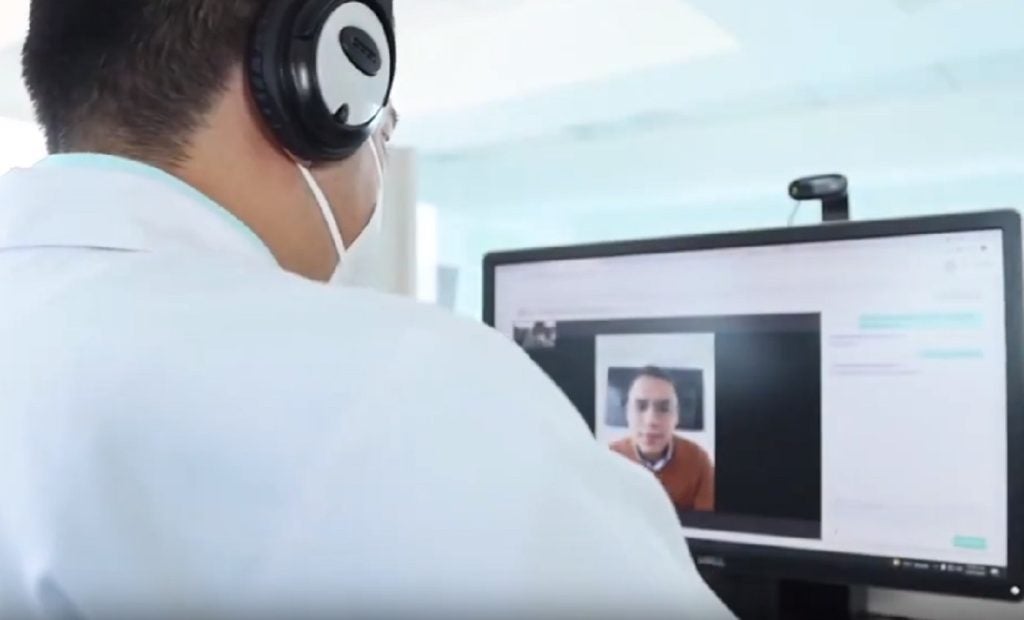US-based health technology company CorroHealth has introduced PULSE, a software as a service (SaaS) product for the healthcare industry.
PULSE by CorroHealth is designed to enhance revenue recovery by 'transforming' the way hospitals and clinics code.
It is an artificial intelligence (AI) powered platform that aims to simplify and expedite large-scale medical coding.
The SaaS product achieves complete automation and accuracy of up to 97% in both complex and simple codes, which could increase productivity by five to seven times in fee-for-service and value-based care coding.
It uses advanced language models and deep learning to precisely code medical records, adhere to regulatory standards and enhance revenue capture, while its use of large language models enables rapid onboarding for new organisations.
PULSE can be tailored to suit the specific requirements of each healthcare facility and easily connect with any Electronic Health Record (EHR) system.
In addition, users can separate the system's workflow engine from its AI, allowing them to use its AI for coding and integrating their own workflow engine for document routing.
CorroHealth CEO Pat Leonard said: “PULSE is a breakthrough achievement in medical coding automation that streamlines processes, maximises efficiency, and achieves a level of accuracy, speed and reliability that simply isn't possible with human coding.
“PULSE yet again proves that CorroHealth is the leading provider of technology-driven solutions, and it further cements our position as the industry's premier partner in compliant revenue integrity across the healthcare continuum.”
CorroHealth said that more than 500 clients have used the PULSE system to date.
Based in Texas, CorroHealth develops clinically led healthcare analytics and technology-driven solutions for hospitals and health systems.
The company aims to provide integrated solutions, proven expertise, intelligent technology and scalability for the entire revenue cycle.
It currently employs around 8,500 people worldwide.















